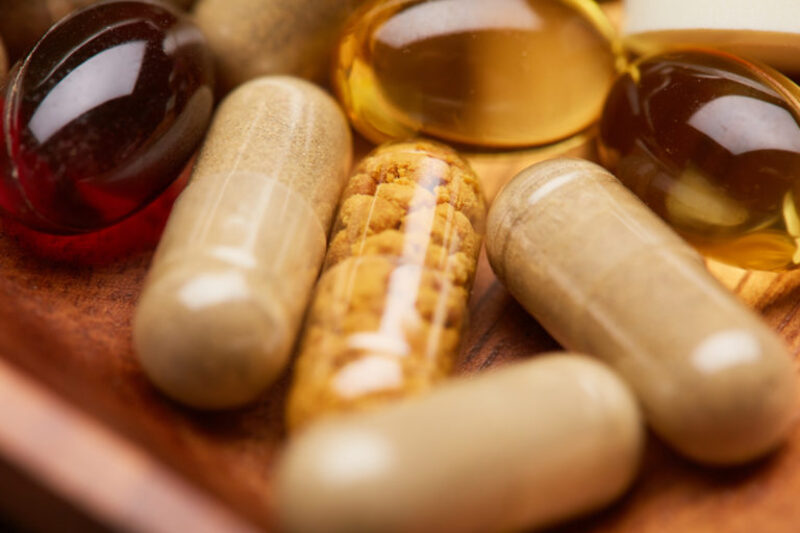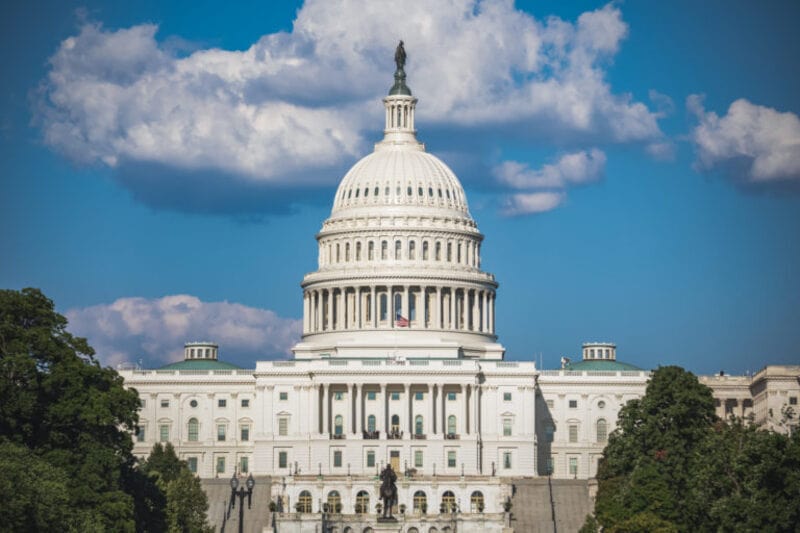-
- Market Research
- |
- CBD Near Me
- |
- Giveaways
- |
- Newsletter
- |
- Contact
- |
- Advertise
- |

Table of Contents
Here’s the latest CBD news:
- A new bill has been presented to Capitol Hill to define CBD as a dietary supplement.
- A California bill that would have allowed CBD food and beverage products has once again failed.
- Scientists are set to lead a study to test if regular CBD use can cause liver damage to healthy adults.
Table of Contents
- Bill Introduced in Congress To Make CBD A Dietary Supplement
- California Proposal To Allow CBD In Foods & Beverages Fails
- Consumer Research Study Begins To Test CBD Use On The Liver
Bill Introduced in Congress To Make CBD A Dietary Supplement
A new bill to make CBD a dietary supplement has reached Washington as Rep. Kurt Schrader (D-OR) and Rep. Morgan Griffith (R-VA) introduced The Hemp and Hemp-Derived CBD Consumer Protection and Market Stabilization Act of 2020.
To date, the FDA has not legally recognized or regulated the sale of hemp-derived CBD products. The US Hemp Roundtable argues that hemp farmers, small businesses, and CBD consumers have struggled as a result.
“Regulatory uncertainty has led to a sharp decline in hemp prices and economic hardship for hemp farmers,” the US Hemp Roundtable said in an email. “Meanwhile, a multitude of CBD products continue to be sold, some of which raise significant quality, safety and other consumer protection concerns.”
The goal of the Schrader/Griffith bill is to define hemp-derived CBD and other hemp ingredients as dietary supplements. These products would adhere to existing frameworks for dietary supplements so they will be deemed safe according to Good Manufacturing Practices. According to the US Hemp Roundtable, the bill will also “help stabilize the hemp markets, open up a promising economic opportunity for U.S. agriculture and honor our commitment made to farmers in the 2018 Farm Bill.”
The bill has gained a growing list of endorsements from national retail and farming organizations. Next week, the US Hemp Roundtable will also be launching a grassroots campaign to encourage Congress to pass the legislation.
California Proposal To Allow CBD In Foods & Beverages Fails
A proposal in California set to allow hemp extracts in food and beverages has failed once again. Instead, the 2018 policy that banned CBD in food and drinks remains in place.
The impasse stems from a disagreement over how cannabinoids are marketed outside of licensed marijuana retailers. The bill would have put safety requirements in place to ensure products stayed below the 0.3% THC threshold.
Bill sponsor and Assemblywoman Cecilia Aguiar-Curry argued that CBD-infused products would boost the state’s economy, but the bill never even went to a vote. In the bill’s proposed legislation, the California health department would have been given the authority to license and register food manufacturing facilities for hemp-infused products, like CBD foods and beverages.
The hemp industry’s largest advocacy group, the U.S. Hemp Roundtable, said it was “profoundly disappointed” with the lack of action. At the same time, several California hemp producers who had actively opposed the measure because they considered the proposed regulations to be burdensome celebrated the failure.
Consumer Research Study Begins To Test CBD Use On The Liver
A third-party consumer research study to be led by two scientists is ready to test the long-term effects of CBD use on the human liver.
The two scientists, Miami-based medical doctor, Dr. Keith Aqua, and Buffalo, New York-based pharmacist and toxicology specialist, Dr. Jeff Lombardo, will lead a national clinical trial measuring the effects of hemp-derived CBD on the liver in healthy adults. The study will test full-spectrum CBD, broad-spectrum CBD, and CBD isolate.
The study is being developed by Colorado research firm ValidCare and has been approved by the Institutional Review Board, which oversees human clinical studies. The IRB’s CBD Working Group provided feedback on the study to ValidCare.
The study, framed as a “real world experience” observational study, has been designed in response to the U.S. Food and Drug Administration’s (FDA) ongoing request for science-based data to guide the regulation of hemp-derived CBD products.
At the study’s conclusion, the results will be published in a peer-reviewed journal early next year as well as be shared with the FDA. ValidCare has thus far gained support and funding from 13 CBD companies, which will also help recruit participants for the study through September. The study will last 60 days and conclude before the end of 2020.
According to Lombardo, up to 1,000 participants may enroll in the study.
“This sample size provides increased reliability in understanding multiple variables across populations, products and lifestyles for researchers, product companies and the FDA,” he said.
The scientists will ensure patient safety and data integrity during the study and seek to understand if CBD users show any evidence of liver damage beyond what is normally expected.







